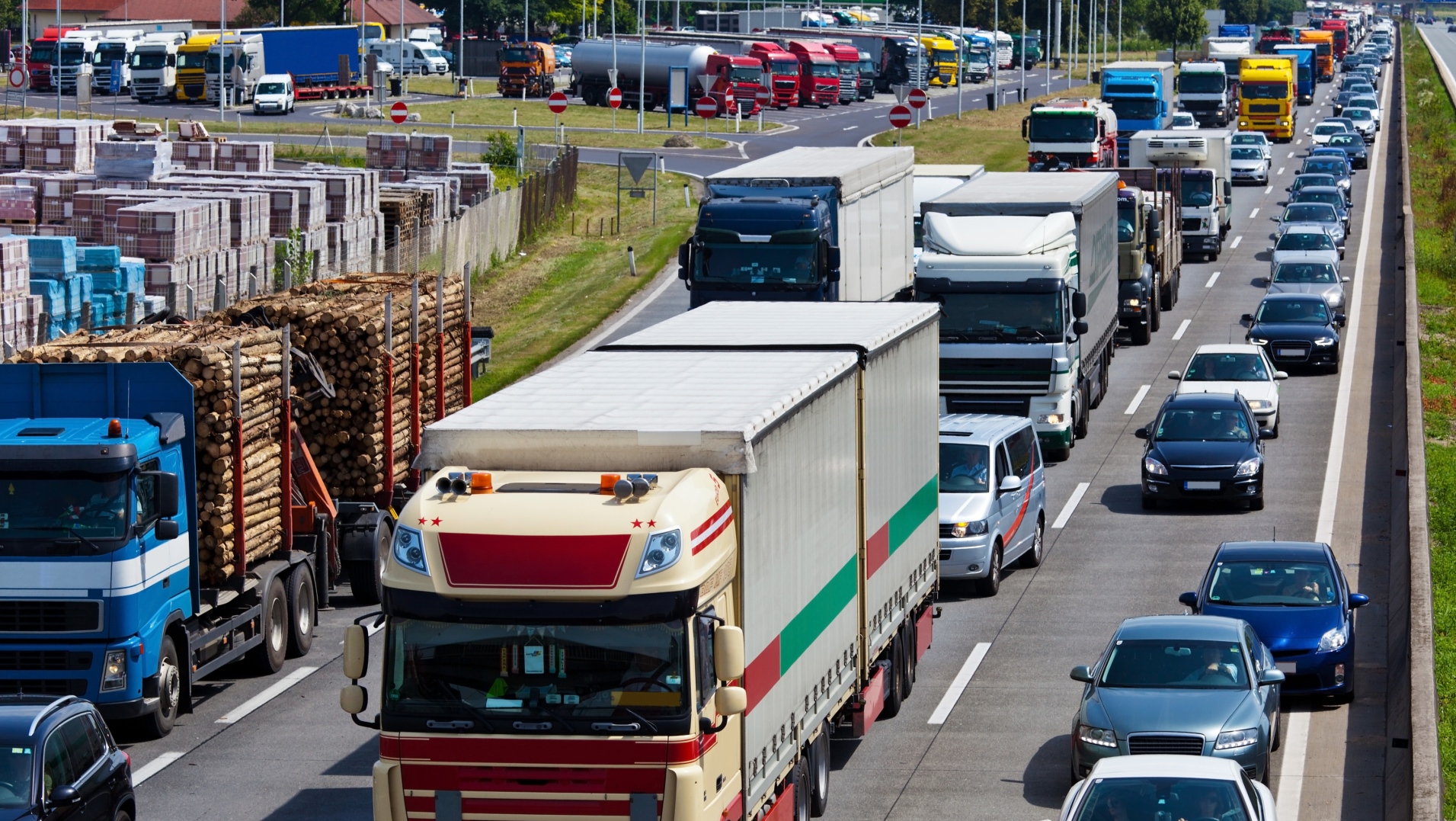The food we eat
Politicians are being urged to develop a progressive food policy for England that includes improved labour rights in advance of leaving the EU.
A coalition of grassroots food and farming organisations today (June 27) launched “A People’s Food Policy”, which they describe as a “comprehensive proposal for a more just and sustainable food system in England”. Scotland is in the process of adopting national food policies and is currently developing a “Good Food Nation Bill”, while England has yet to make any progress.
The report outlines a vision of food and farming for post-Brexit England that is supported by more than 80 food and farming organisations. The report draws on 18 months of nation-wide consultations with grassroots organisations, NGOs, trade unions, community projects, small businesses and individuals.
Agriculture is one of the sectors that will be faced with the most uncertainty as a result of the UK leaving the EU. Rising food prices is an issue that has already been repeatedly reported on in the context of Brexit, while migration restrictions are set to have an enormous impact on the availability of workers in the agricultural sector.
In the face of this uncertainty, the report argues that a new food act is needed that, “integrates the compartmentalised policy realms of food production, health, labour rights, land use and planning, trade, the environment, democratic participation and community wellbeing”.
‘Piecemeal’ approach
Heidi Chow, food campaigner for Global Justice Now, part of the coalition that developed A People’s Food Policy, said, “From the increasing corporate control of agriculture in the UK, to the price of basic food stuffs outstripping the rises in real wages, through to small farmers being aggressively squeezed out of the market, with over 33,000 small to medium farms closing down in the past decade – the UK is witnessing a series of crises in how we produce, distribute and sell food. The government’s approach to addressing these problems is at best piecemeal and at worst non-existent.
“The new environment secretary Michael Gove commented last week that the UK can have both cheaper and higher quality food after Brexit. But the experience of many UK farmers and growers suggests that cheaper food prices must be paid for through lowering environmental and social standards across the farming sector.
“Instead we need to see greater regulation of the food retail sector to ensure farmers everywhere are paid a fair price for their produce.’’
Unite member and food security expert Dr Charlie Clutterbuck said reforming the legislation around farming subsidies – which are currently provided by the EU – so the payments benefit working people rather than rich landowners, would help set English agriculture on the right course after Brexit.
“The more land you own, the more money you are paid in subsidies. The Queen for example gets £3m a year simply for owning land yet nothing is done with that land. In total the UK gets £3bn in common agricultural policy (CAP) subsidies,” Clutterbuck said.
“The government also raised the threshold of potential subsidy from five to 10 acres, ruling many community farms out of getting anything and enabling the top end to attract limitless subsidies.”
Supporting labour Â
Clutterbuck explained that instead of paying the subsidies based on land, the payments should be linked to supporting labour.
“This will allow farmers to employ and train young people on multi-skill apprenticeships. Instead of paying a few rich landowners £3bn we could pay 300,000 people £10k,” he said.
“Ultimately it is going to be impossible for the government to secure a Brexit deal that benefits everyone. So they will need to decide if they are going to support the consumers – who want to buy their food as cheaply as possible – or the producers – who need to make a profit.”
The “A People’s Food Policy” report says that many countries in Europe and around the world have begun to adopt progressive frameworks like food sovereignty, agroecology and the inclusion of food rights into regional and national legislation to create “a more stable and just” food system.
Tenant farmer and A People’s Food Policy coordinator Dee Butterly said the lack of a coherent, joined-up food policy framework in England is becoming increasingly problematic.
“In this country we have shameful levels of food insecurity, with food bank usage rising year on year, and an estimated over eight million people now in a state of such financial precarity they can’t afford to eat,” Butterfly said.
“Just last week, Unicef released a report “Building the Future”, with evidence that the UK has some of the highest levels of child hunger and deprivation among the world’s richest nations, with one in five children under 15 years old currently food insecure.”
 Like
Like Follow
Follow


